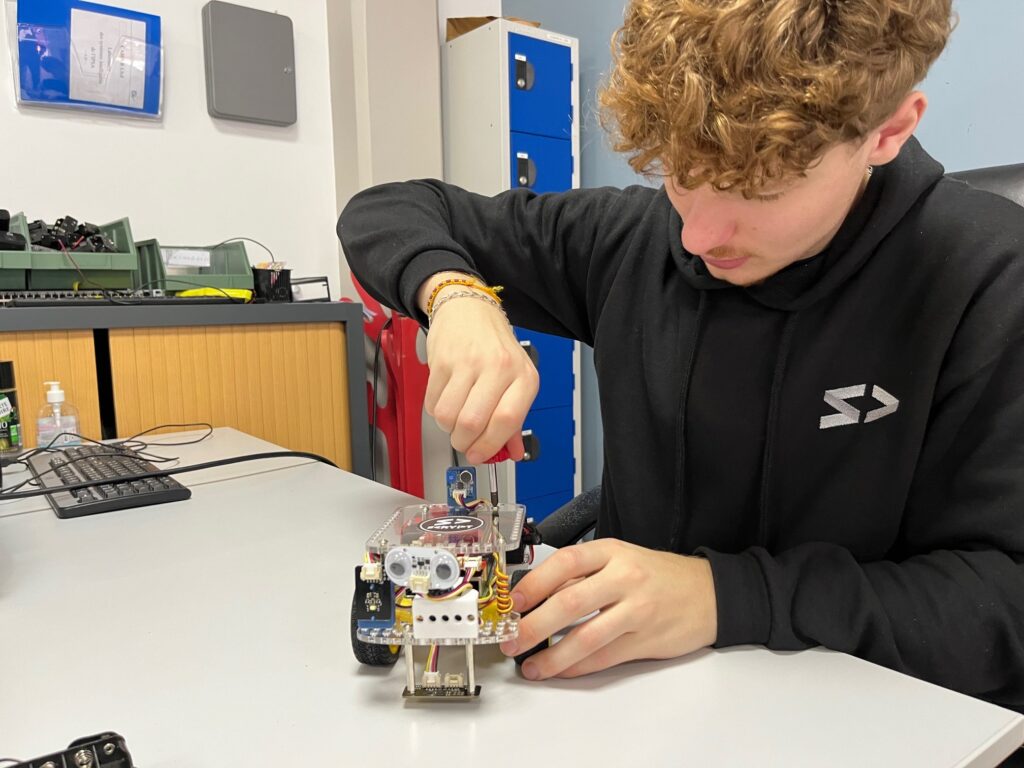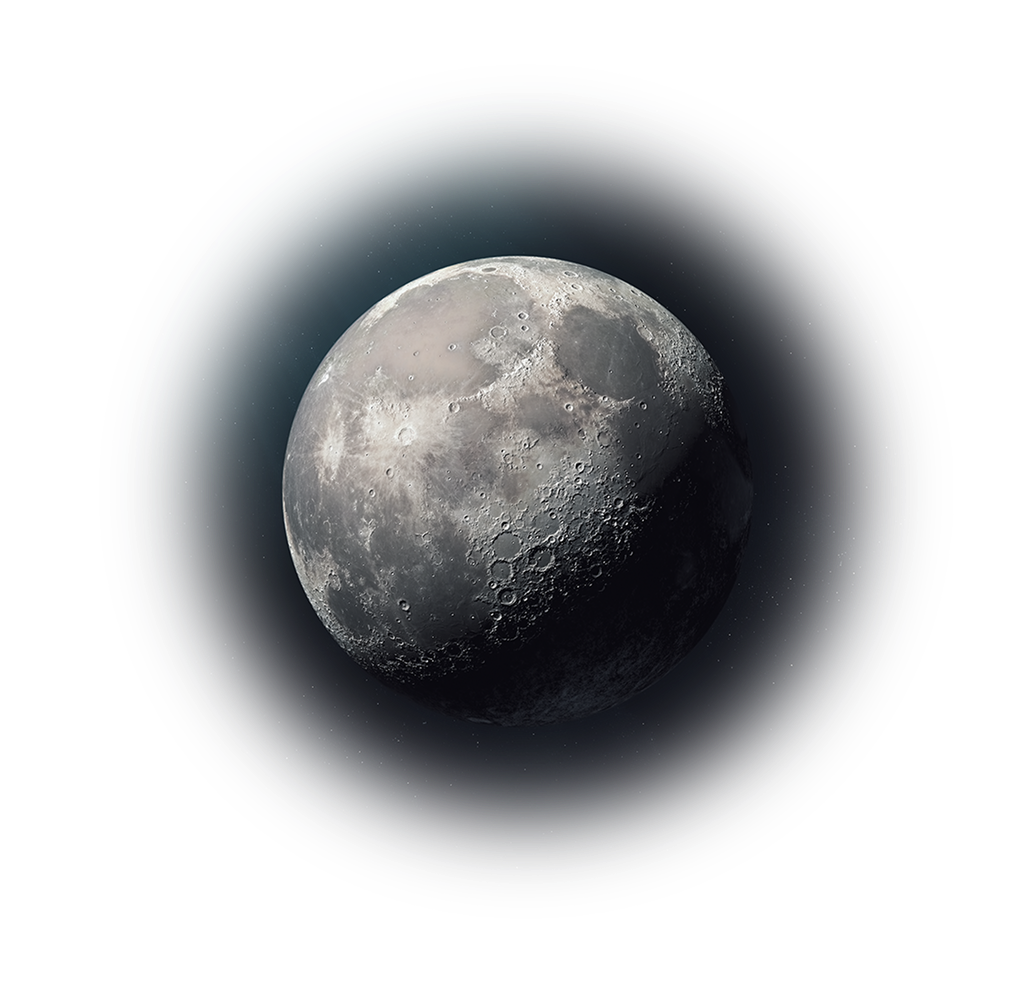Adapted itineraries
for all profiles
My AeroProject: aerospace excellence by IPSA
My AeroProject is a path of excellence for the most passionate students. It aims to train expert engineers who are immediately operational, thanks to a progressive learning process that combines :
- specialized courses in line with industry innovations,
- concrete projects related to aviation, space and environmental issues,
- immersion in a company to develop strong employability right from school.
Objective: to make the IPSA School of Aeronautics and Space the benchmark school for aerospace engineering, by aligning training with industrial needs in advanced propulsion, on-board AI, autonomous systems, cybersecurity and space exploration.



